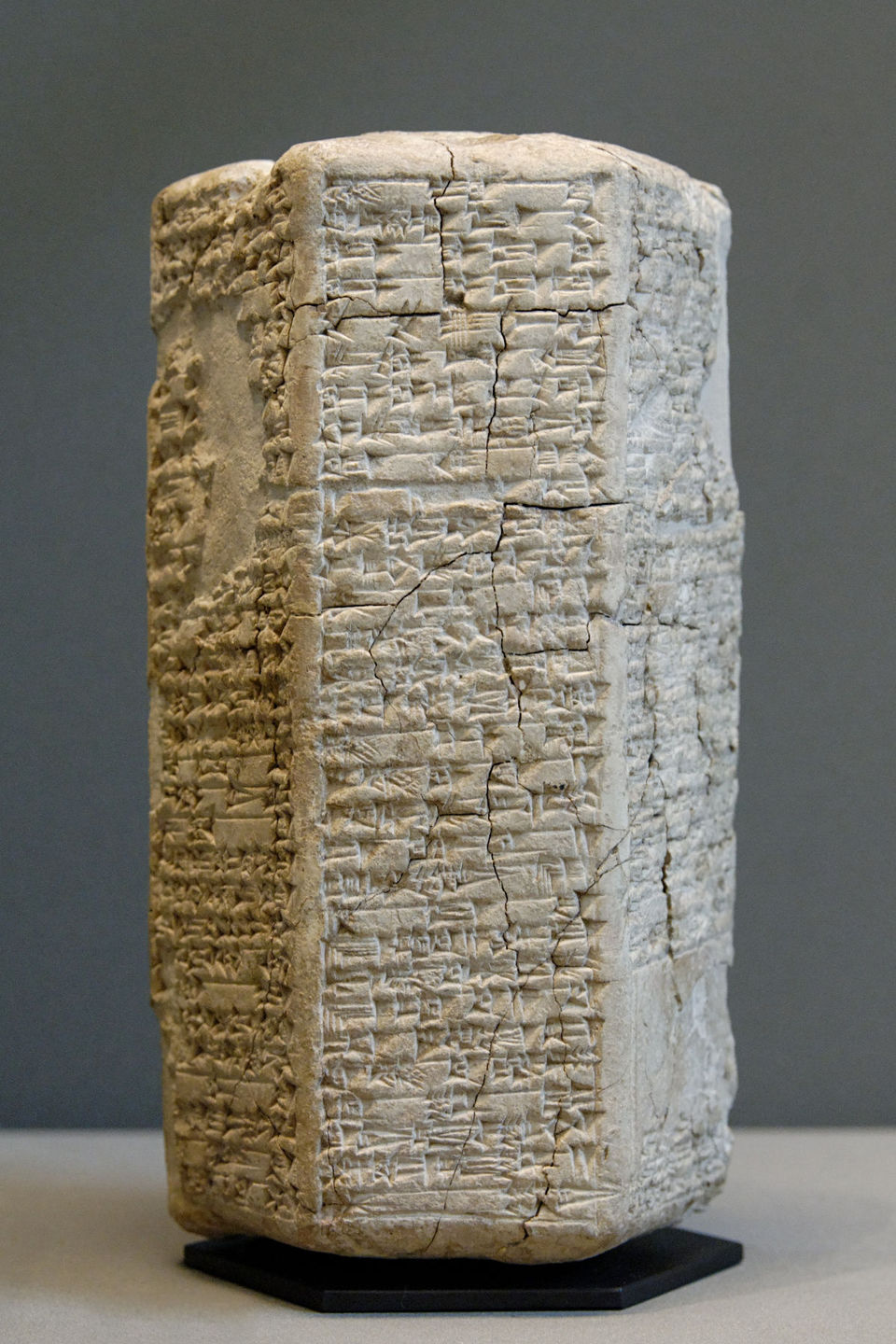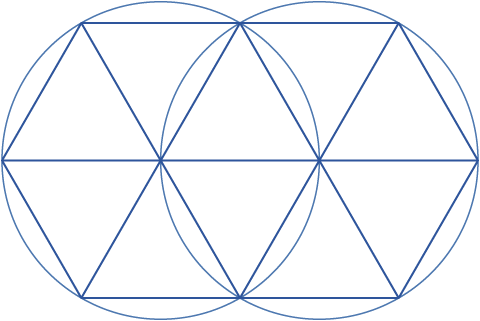Hexnet site update 2013
Good news everyone. The time has come, I believe, to announce the existence of this new and improved HEXNET site. The site has actually been up for several weeks now, and constitutes the third major iteration of Hexnet.org under the neohexagonal regime that began in 2010, replacing last year's tragically doomed Drupal 7 version.
First and foremost, as promised, I have finally moved OFF DRUPAL. Drupal is dead to me now, and shall forever remain so. Let us never discuss it again. Beyond that, the most obvious change, I think, is that the site now looks completely different. The main point I want to make about this is that the new layout is much closer than its predecessor to what I intended when I first started working on the Drupal 7 version last year. The ultimate result of that earlier redesign should be seen in retrospect as having been a tragic aberration. I became fixated with some very flawed ideas vis-a-vis how the UI should work, and pursued them long after it should have been clear that they weren't viable. Even after some much-needed fixes earlier this year, it remained, for me at least, practically unusable. It was a bad layout, I was wrong to make it, and I apologize for having done so. The new layout, conversely, should provide a pleasant and fully responsive experience on a wide variety of clients. I have tested it to my satisfaction on both iOS and Android browsers, and it is even marginally functional on IE 8 (for fuck's sake please stop using IE 8). There are definitely aspects of the design I consider sort of unfinished, and which I will continue working on in the coming weeks and months, but it meets my baseline requirement of presenting the site's content in a readable, navigable format that—hopefully—does not actively annoy the reader, and for this reason alone represents a vast improvement over its predecessor.
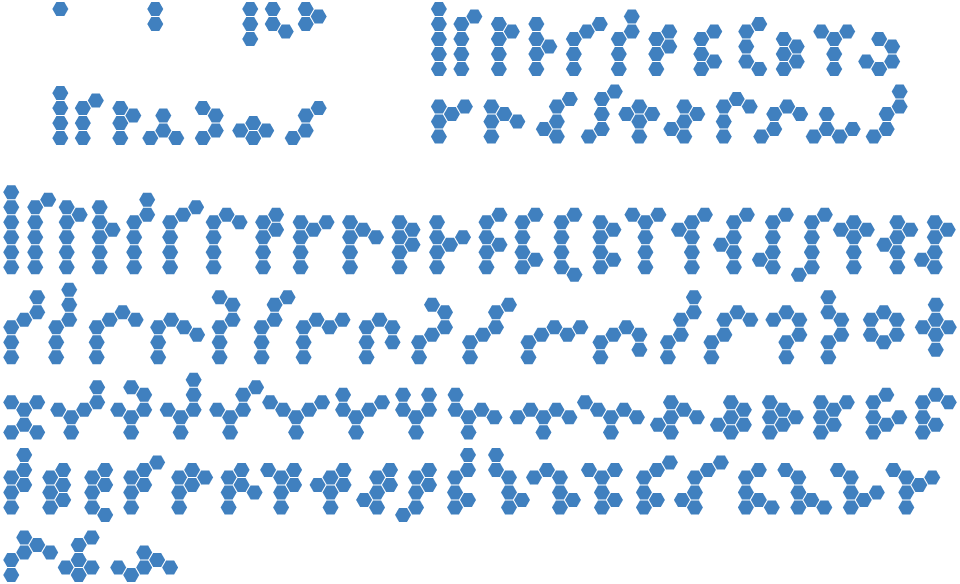
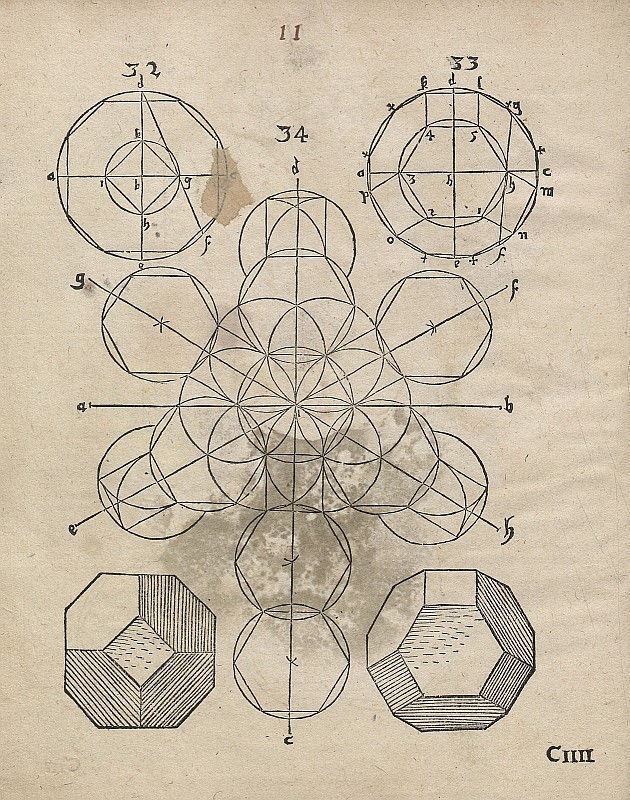
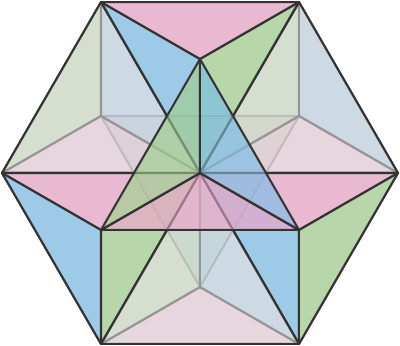
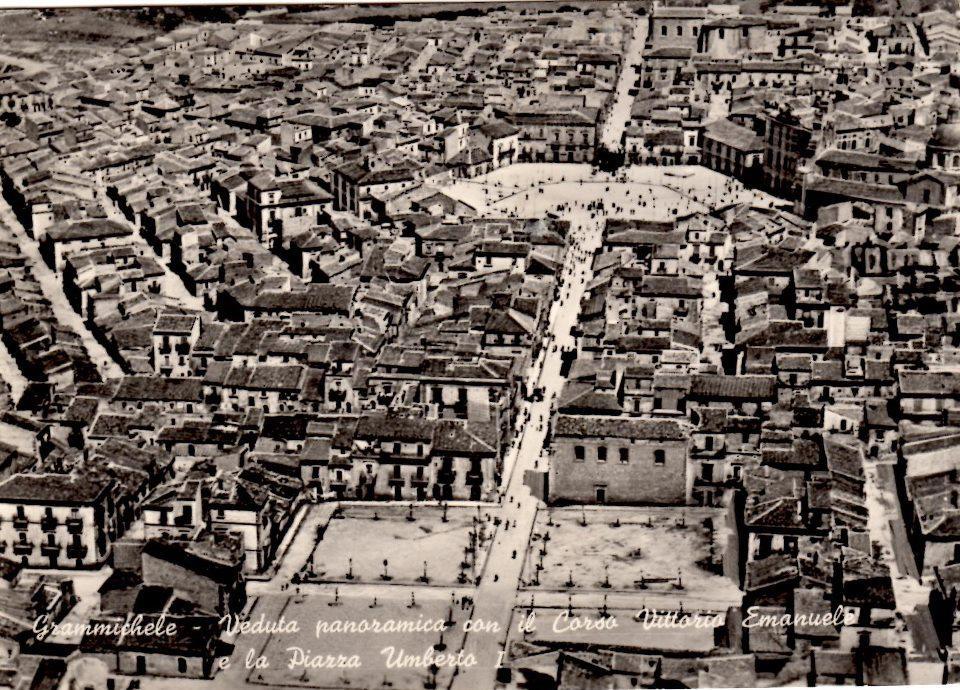
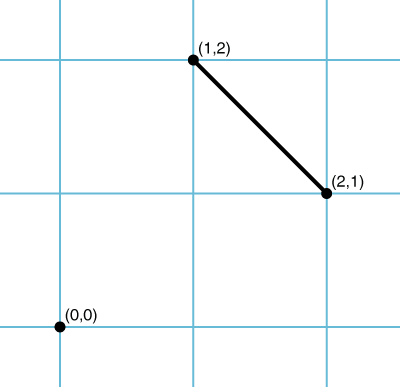
 Exciting news everyone,
Exciting news everyone,
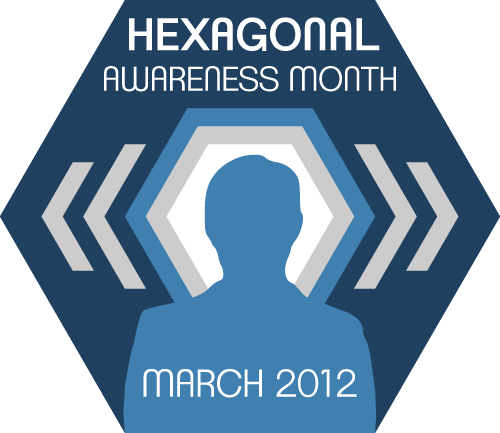



 Good news everyone.
Good news everyone.

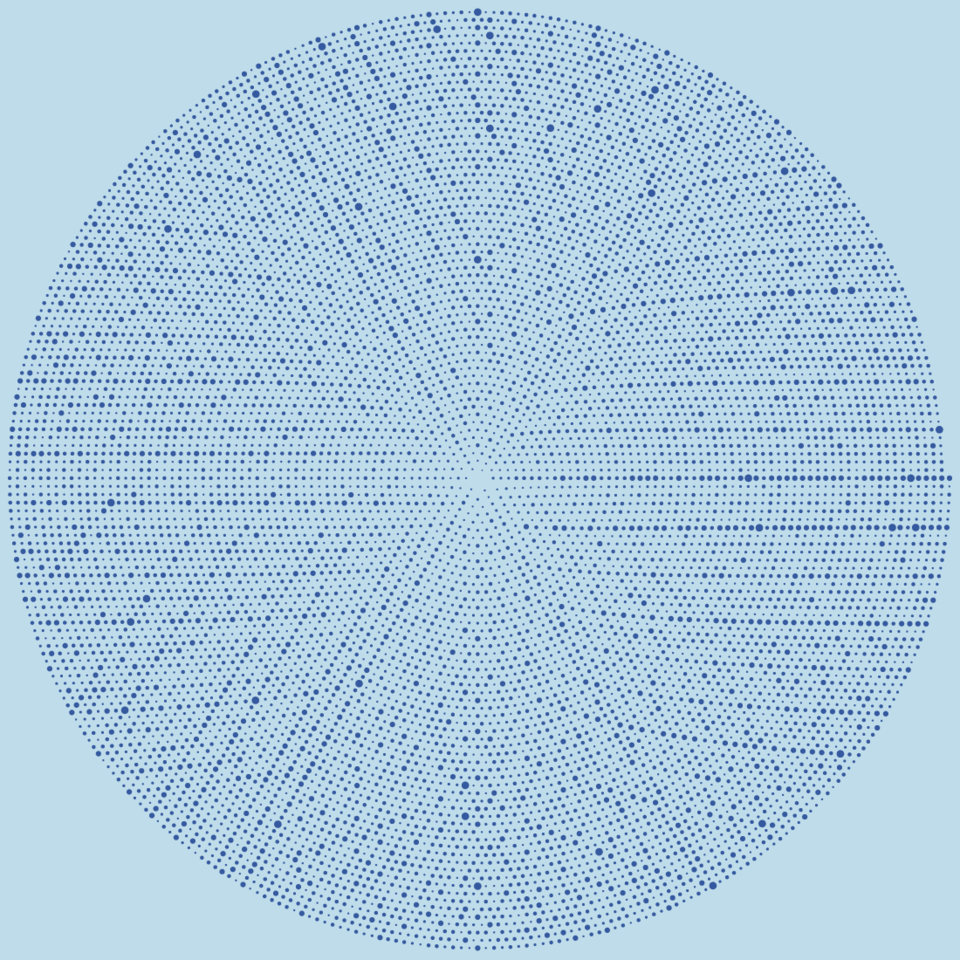
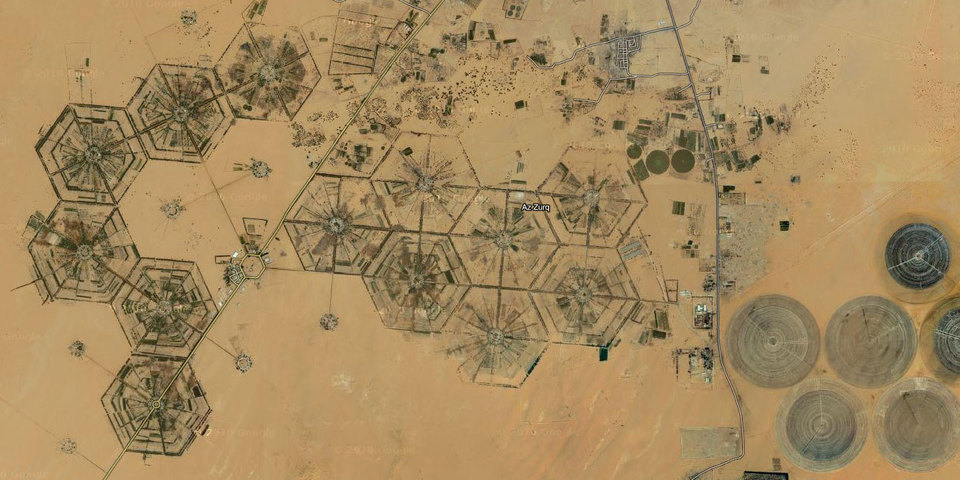
 It's that time of year again—time to start thinking about DOZENAL PI DAY.
It's that time of year again—time to start thinking about DOZENAL PI DAY.

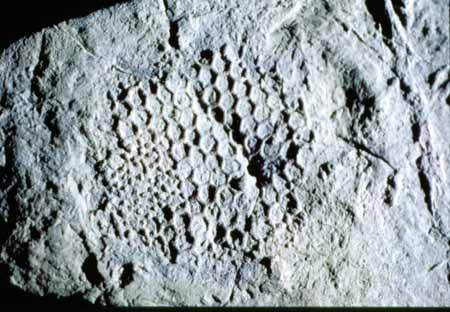
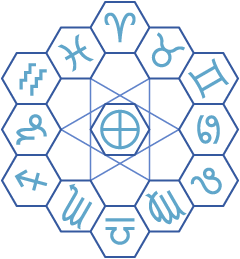 I feel something must be said about this astrological "sign shift" business that has set the 'tubes abuzz in recent days. There being twelve astrological signs ("Ophiuchus" notwithstanding) arranged around a central point, the issue is clearly one of both dozenal and hexagonal import. Despite the fact that I'm not all that into astrology (though I've learned enough over the years to inform my general fluency in Western occult symbolism), I feel the hexagonal principles at stake must be defended.
I feel something must be said about this astrological "sign shift" business that has set the 'tubes abuzz in recent days. There being twelve astrological signs ("Ophiuchus" notwithstanding) arranged around a central point, the issue is clearly one of both dozenal and hexagonal import. Despite the fact that I'm not all that into astrology (though I've learned enough over the years to inform my general fluency in Western occult symbolism), I feel the hexagonal principles at stake must be defended.
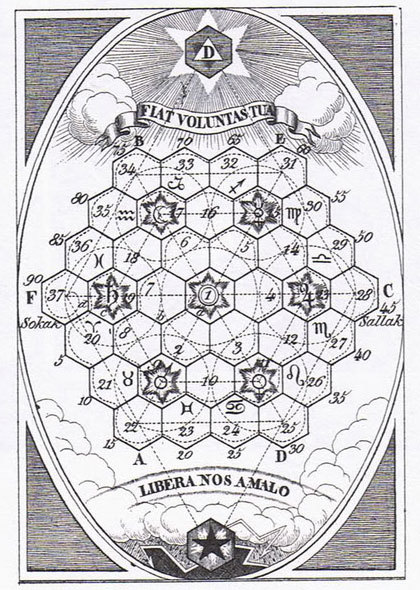
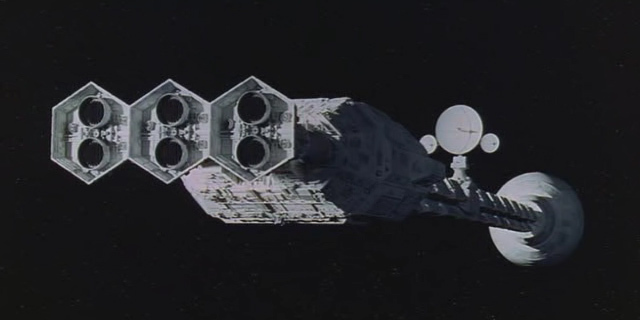
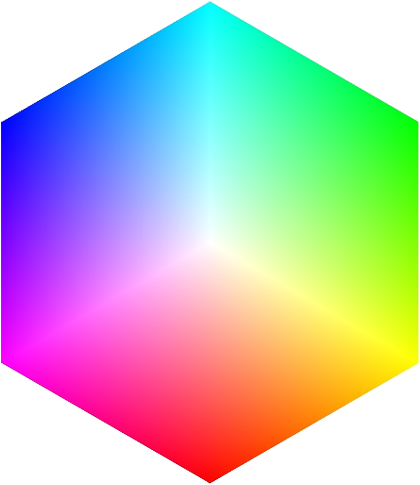
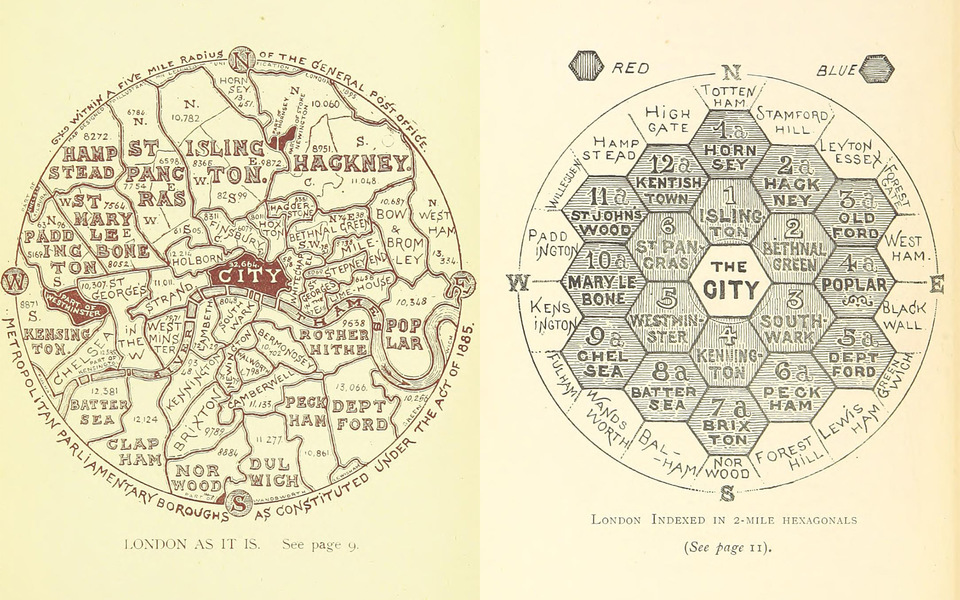
 This just in, from SWEDEN:
This just in, from SWEDEN:
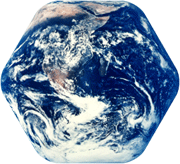 I have recently been made aware of a contest being held on
I have recently been made aware of a contest being held on 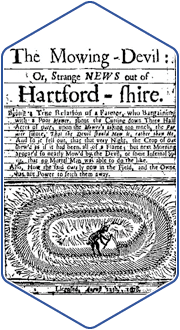 As the harvest season draws nigh on to a close here in the northern climes, I thought it might be a good time to take a look at the year's HEXAGONAL CROP CIRCLES.
As the harvest season draws nigh on to a close here in the northern climes, I thought it might be a good time to take a look at the year's HEXAGONAL CROP CIRCLES.
